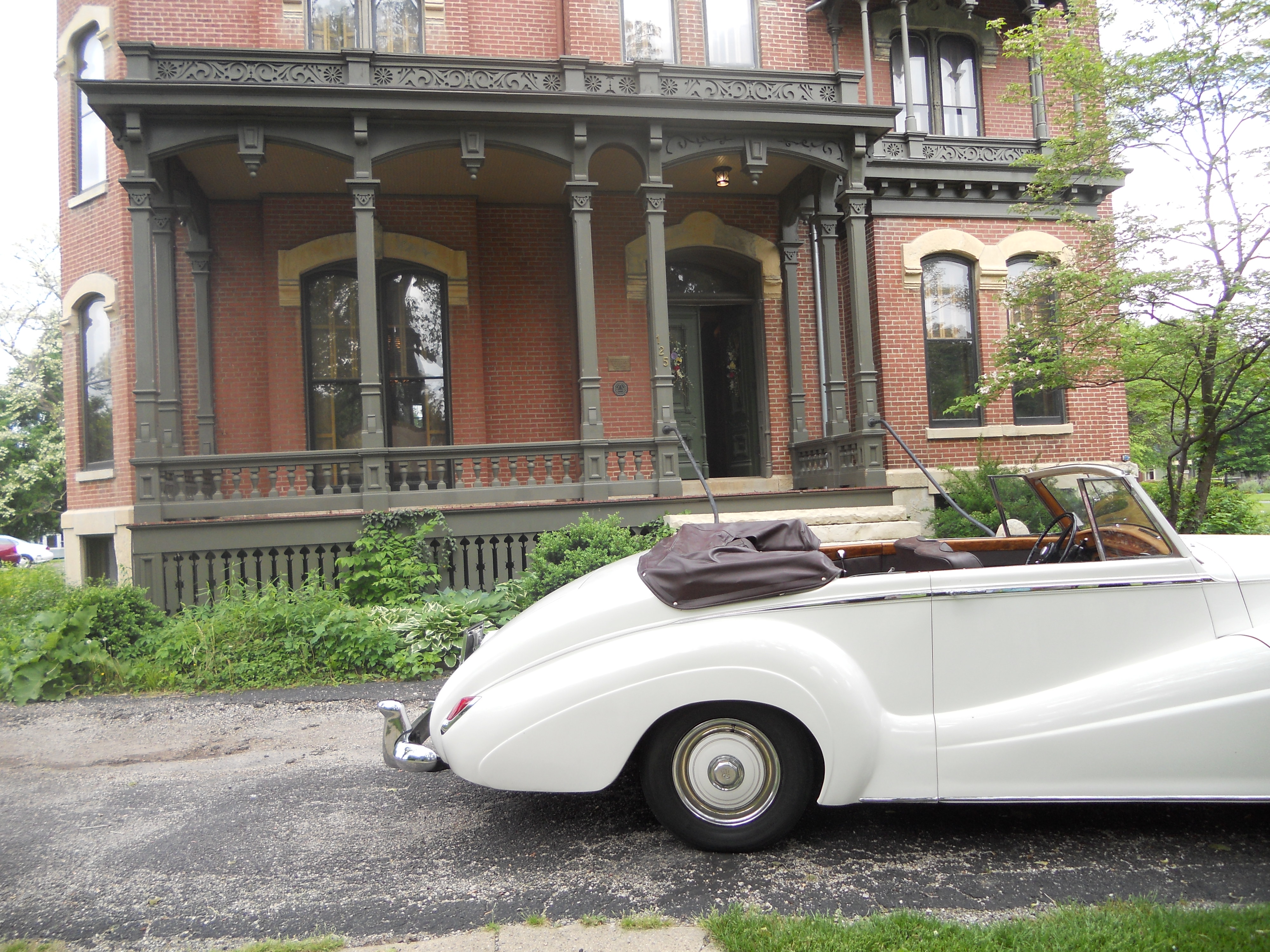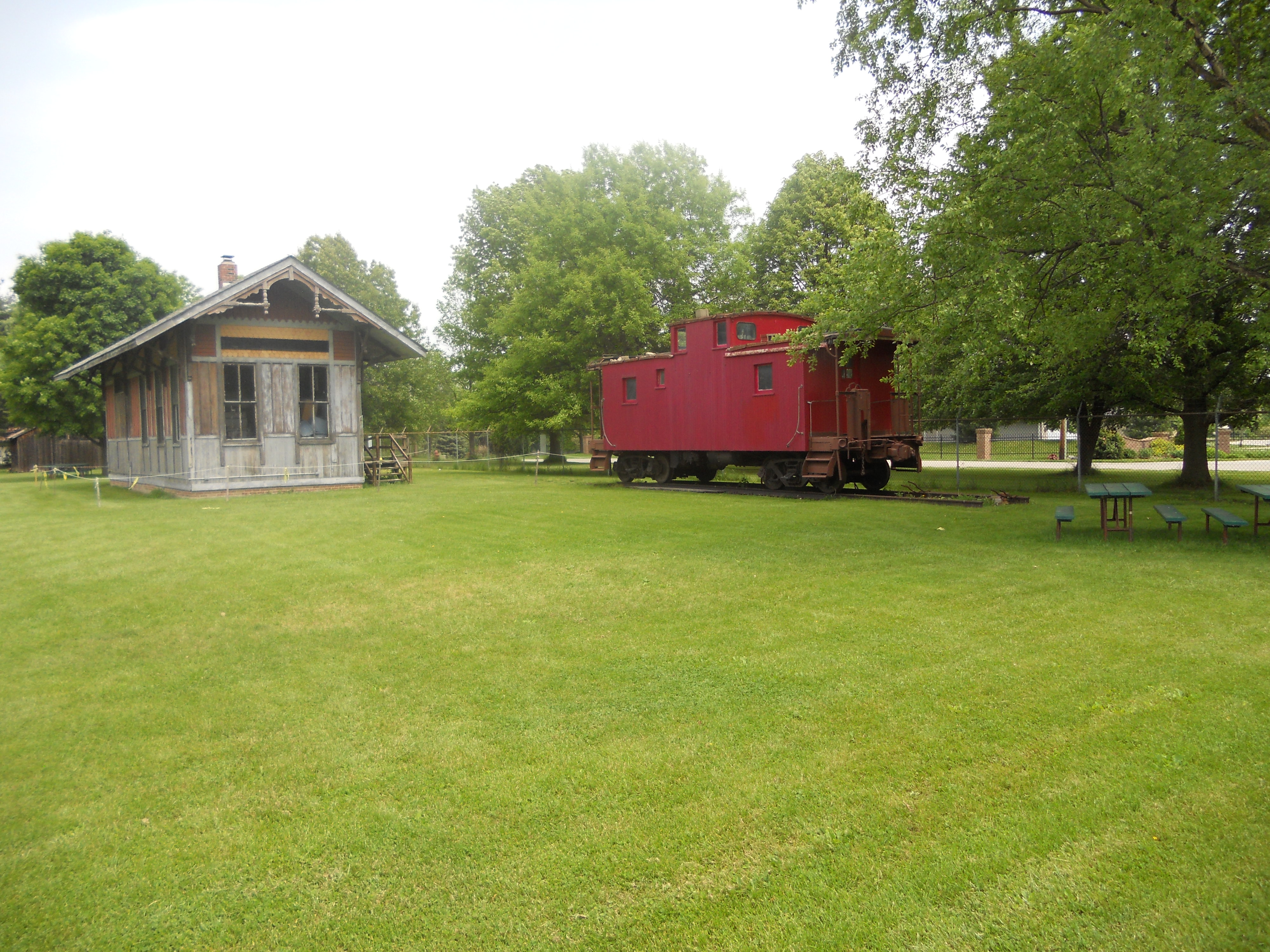Any civilization in the last 5,000 years can only be understood and measured by what we can read and discover about them. If they did not keep track of their accomplishments and cultures, chances are, we would know very little about them and their achievements.
- If you do not know where you came from, do you really have a good idea of where you are headed?
- How do you build upon the accomplishments of the past or avoid the mistakes of the past if you are unaware of them?
These seem to be good questions to ask people who do not have a good grasp of how this country started and developed throughout the last 200 years. As was pointed out by one museum curator, those in the last generation (the Great generation of World War II) seemed to have more of a focus on working to keep a strong account of our heritage, whereas the next several generations seem to be less and less concerned about our history and preserving the artifacts of the past.
Should we blame our educational system and teachers? Why teach history if it is not on the standardized tests? This could be an article or two in itself, but it is a sad commentary to go from one generation to the next and find that one generation could identify and name every plane that flew in World War II. The next generation was able to at least identify who were on what sides of the Allies and Axis powers to the next generation of not knowing who fought in the war and why.
“Was it over when the Germans bombed Pearl Harbor?” Sadly, that movie quote is as accurate as some people’s understanding of the most major events of the 20th century. It gets worse if you ask people about the 19th century in America.
 DECATUR, ILLINOIS HISTORY
DECATUR, ILLINOIS HISTORY
This last weekend we took a trip to Decatur, Illinois to visit several different historical places. Besides the houses of James Milliken, founder of MillikenUniversity and Richard J. Oglesby, governor of Illinois right after the Civil War, we looked at the Mueller Museum and the Macon County Historical Society. All of these places shed a light on the entrepreneurial spirit that drove 19th century Decatur into a diversified economy.
The Macon County Historical Society was a small museum with a large amount of historical information on how Decatur evolved by the efforts of early entrepreneurs. A.E. Staley developed the whole soybean industry there and it was so prominent Decatur is still known as the Soybean capital of the world.
What few people know is that he funded an early football team led by a young George Halas, the Decatur Staleys, that later became the Chicago Bears.
The museum curator said that they have to cut costs somewhere so they are giving away a historical building that was built in the 1800s as well as an all-wooden caboose because they do not have the funds for upkeep of these two large pieces. Anyone want a caboose? All you have to do is pay to move it out of their lot.
FREE — Just Pay for Shipping!!
 This isn’t the only museum in dire straits. Some of the large museums in Chicago and other places have hit some financial difficulties. The Chicago Field Museum is in some financial straits as is the ChryslerMuseum in Auburn Hills, Michigan. The Chicago Field Museum is still open, but the Chrysler museum closed its doors at the end of last year. Evidently, FIAT (who owns Chrysler) doesn’t think having a heritage museum of their products is important.
This isn’t the only museum in dire straits. Some of the large museums in Chicago and other places have hit some financial difficulties. The Chicago Field Museum is in some financial straits as is the ChryslerMuseum in Auburn Hills, Michigan. The Chicago Field Museum is still open, but the Chrysler museum closed its doors at the end of last year. Evidently, FIAT (who owns Chrysler) doesn’t think having a heritage museum of their products is important.
Think of light from a flashlight losing battery over time. The light gets dimmer and the circle of light that it creates shrinks while it grows dimmer. Things that it illuminated start to blur and eventually fade into the darkness.
That is what is happening to our history as museums close their doors and fewer people get to see what they shed light on as important facets of commerce, industry, art, government and everyday life in America.
We take things for granted until they are no longer available to us. With so many museums at the edge of their budgets, it is another area for some of us to look at supporting.
Do you donate to museums or historical places? Our government has cut back.
This year think about donating to preserve history, so that future generations can gain a solid understanding of all the small facets of people and their skills and ambitions that made up the foundation of this country.
CARLINI-ISM : People in government have to start making some tough decisions on what to fund and what to de-fund in the new America. History should be a priority and not a throw away.
Follow daily Carlini-isms at www.TWITTER.com/JAMESCARLINI
Copyright 2013 – James Carlini

























 Watch this Video on A Better Way To Fight Harmful Free Radicals
Watch this Video on A Better Way To Fight Harmful Free Radicals

With so many museums, adequately funding them will continue to be difficult. It is a pity, but there you are.
My parents steadfastly involved me and my siblings to volunteer and become philanthropists in our own rights. More the tragedy in this greedy culture to not be so involved. That’s from bad parenting in my generation.
Now, the end of WWII would have nigh, and with far different results had Germany bombed Pearl Harbor, instead of the Japanese. Just had to point out the gaff.
Cheers!
Thanks for a great reminder to visit and support local museums across the U.S.! There are fabulous local history museums in Arizona. At the Colorado River Museum [http://www.coleandfran.com/coloradorivermuseum.html] in Bullhead City you can see the ball-and-chains school teachers once used to keep Native American students from running away, mining equipment, and relics from the past when this was a general store and Post Office. At the Old Trails Museum [http://www.oldtrailsmuseum.org/] in Winslow, you can see photographs of pioneers and learn that the local airport was designed by Charles Lindbergh when the U.S. first added air mail to the USPS.